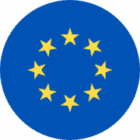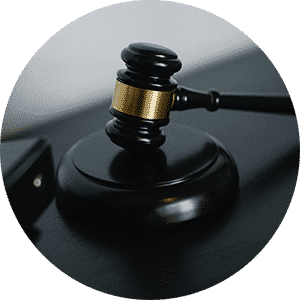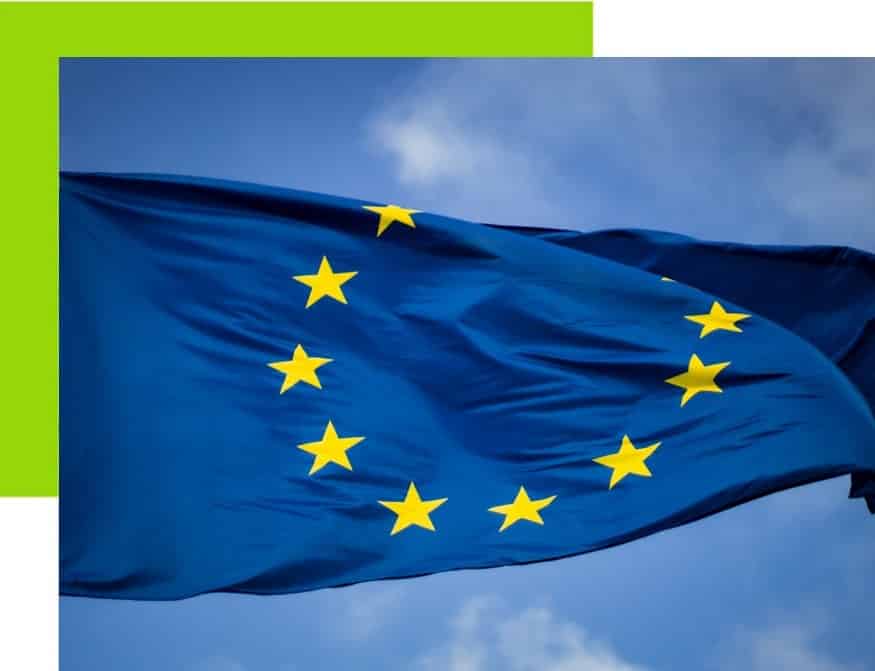The Intention of the European Comission for Nano Ingredients

The European Commission notified the World Trade Association (WTO) of its intention to ban the following nano ingredients from the composition of cosmetic products:
- STYRENE/ACRYLATES COPOLYMER (nano) (CAS: 9010-92-8)
- SODIUM STYRENE/ACRYLATES COPOLYMER (nano) (CAS: 9010-92-8)
- COPPER (nano) (CAS: 7440-50-8)
- COLLOIDAL COPPER (nano) (CAS: 7440-50-8)
- HYDROXYAPATITE (nano) (CAS: 1306-06-5 / 12167-74-7)
- GOLD (nano) (CAS: 7440-57-5)
- COLLOIDAL GOLD (nano) (CAS: 7440-57-5)
- GOLD THIOETHYLAMINO HYALURONIC ACID (nano) CAS: 1360157-34-1)
- ACETYL HEPTAPEPTIDE-9 COLLOIDAL GOLD (nano) (CAS: /)
- PLATINUM (nano) (CAS: 7440-06-4)
- COLLOIDAL PLATINUM (nano) (CAS: 7440-06-4)
- ACETYL TETRAPEPTIDE-17 COLLOIDAL PLATINUM (nano) (CAS: /)
None of these ingredients are currently regulated under Regulation (EC) No 1223/2009.
Nanomaterial’s Definition
The definition of a nanomaterial according to Regulation (EC) 1223/2009 is an insoluble or bio-persistent and intentionally manufactured material with one or more external dimensions, or an internal structure, on a scale from 1 to 100 nm.
Nanomaterials and the European Union Regulation
As a reminder, nanomaterials used as colorants, UV filters, or preservatives must be officially authorized in the annexes of the Cosmetic Regulation (EC) 1223/2009, otherwise, they are forbidden.

Ingredients used for another function than colorants, UV filters or preservatives, which are in nanomaterial form, can be used even if they are not listed in the Regulation provided that a notification of the nanomaterial in the intended product is done 6 months prior to the placing on the market of the product, as per Article 16 of Regulation (EC) 1223/2009.
The aforementioned ingredients in nano form were used to go through the Article 16 notification procedure when used in cosmetics.
Styrene/Acrylates copolymer [nano], Sodium Styrene/Acrylates copolymer [nano]:
In its opinion of 8 January 2021 (SCCS/1618/20) the SCCS concluded that these nanomaterials as notified through the CPNP can pose a health risk to the consumer.
Copper [nano], Colloidal Copper [nano]:
In its opinion of 5 March 2021 (SCCS/1621/20) the SCCS concluded that it is not possible to carry out a safety assessment due to the limited or missing information. However, based on the available data, the potential mutagenic/genotoxic and immunotoxic/nephrotoxic effects of Copper nanomaterials raise concerns.
Hydroxyapatite [nano]:
In its opinion of 30 March 2021 (SCCS/1624/20) the SCCS could not conclude on the safety of this ingredient composed of rod-shaped nanoparticles for use in oral-care cosmetic products remarking that the available data/information is not sufficient to exclude concerns over its genotoxic potential.
Gold [nano], Colloidal Gold [nano],Gold Thioethylamino Hyaluronic Acid [nano], Acetyl heptapeptide-9 Colloidal gold [nano], Platinum [nano], Colloidal Platinum [nano], Acetyl tetrapeptide-17 Colloidal Platinum [nano]:
Two SCCS opinions adopted on 25 June 2021 (SCCS/1629/21 and SCCS/1630/21) concluded that the use of these nanomaterials in cosmetic products raises concerns regarding consumer safety, even if the SCCS was not able to carry out a safety assessment due to the limited or missing information.
The Adoption of the Regulation
The adoption of this regulation is expected to take place on the 3rd quarter of 2022.
Transition periods to allow the industry to comply with these bans will be granted. A tentative timeline will then be the following:
- 9 months after the entry into force only compliant product shall be placed in the Union market which brings us to Q2 2023.
- 18 months after the entry into force only compliant products shall be made available on the Union market which brings us to Q1 2024.
We recommend that you check whether your products contain the ingredients impacted by this ban and check if they are considered as nanomaterials according to the cosmetic Regulation definition. We strongly recommend that you start the phasing out of these ingredients as soon as possible.
Biorius can also give you personal advice concerning these regulation changes by choosing BIORIUS as your responsible person.
Ms. Stéphanie Annet
Cosmetic Product EU Compliance Team Leader


